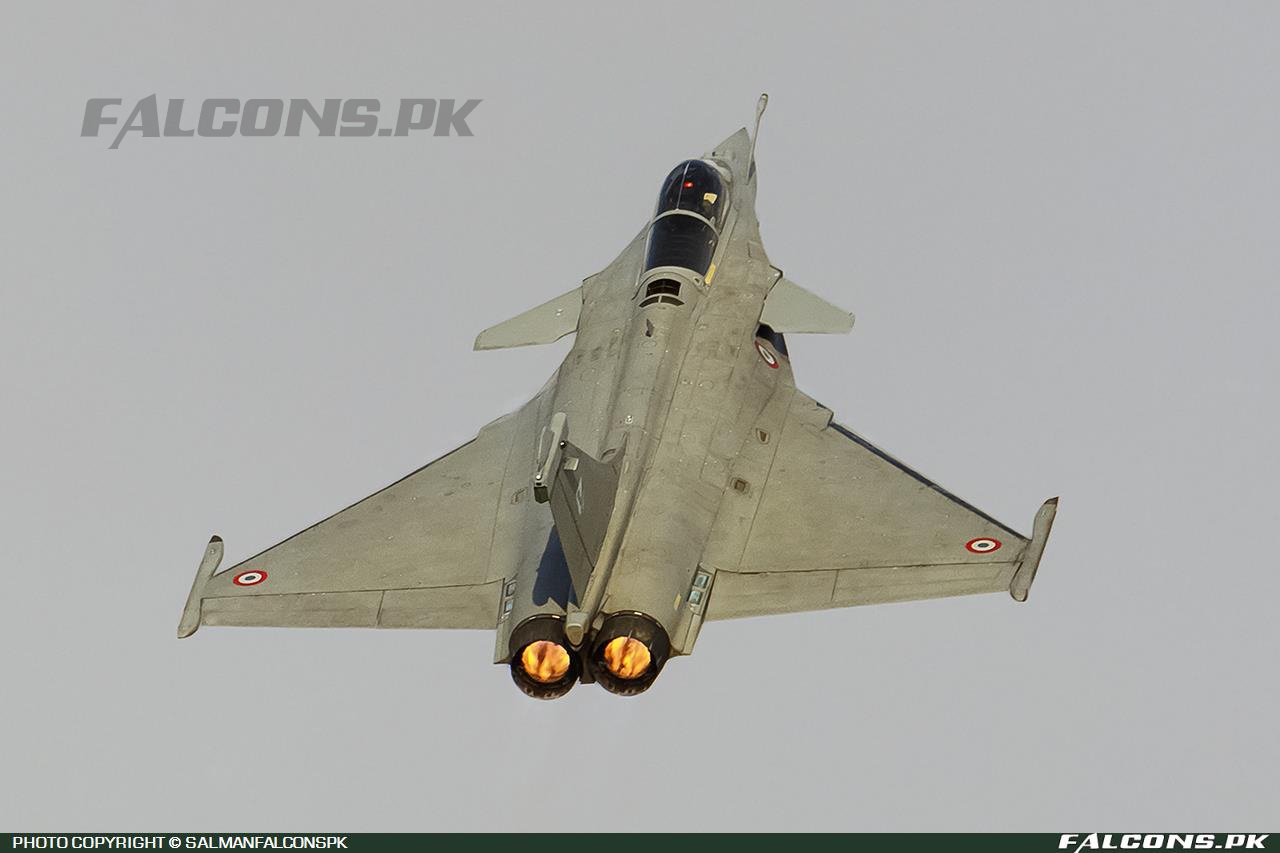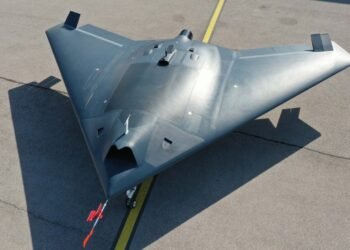by Agence France-Presse
Greece on Wednesday received six Rafale jets from France in a multi-billion-euro arms deal which Athens and Paris claim boosts the EU’s defence capabilities, but is mainly seen as countering Turkish ambitions in the Mediterranean. The six warplanes landed at Tanagra air base, some 70 kilometres (43 miles) north of Athens, after overflying the Acropolis, escorted by Greek Mirage jets previously purchased from France.
Greece and France had originally signed a 2.5-billion-euro ($3 billion) deal last January for 18 Rafale jets — 12 used and six new — as part of a burgeoning arms programme to counter Turkish ambitions. A Greek air force source said the aircraft that arrived Wednesday are used.
In September, the two countries signed a mutual assistance defence pact that includes the purchase by Athens of three Belharra frigates. Prime Minister Kyriakos Mitsotakis has also announced plans to buy an additional six Rafale jets, bringing the total order to 24. The frigates are set to be delivered in 2025 and 2026, for a value of some three billion euros ($3.4 billion).
Greece has the option to buy a fourth frigate.
Turkey, which has an uneasy history and relationship with its NATO neighbour Greece, has criticised the defence deal as threatening “regional peace and stability”. Mitsotakis in 2020 unveiled Greece’s most ambitious arms purchase programme in decades after a dangerous stand-off with Turkey over hydrocarbon resources and naval influence in the waters off their coasts. A month earlier, Turkey had sent an exploration ship and a small navy flotilla to conduct seismic research in waters which Greece considers its own under post-war treaties.
In contrast to other EU and NATO allies, France strongly backed Greece and Cyprus at the time, sending warships and fighter jets to the eastern Mediterranean. The 2021 frigate accord came less than two weeks after Paris was left reeling by Australia’s cancellation of a contract to buy French submarines in favour of a new defence pact with Britain and the United States.
President Emmanuel Macron hailed the deal as a major boost for the EU’s defence ambitions.
The deal with Greece marks “an audacious first step towards European strategic autonomy”, Macron said at the time, adding that Europeans should “stop being naive” regarding geopolitical competition. Macron has said the frigate sale was not meant to be seen as a threat against Ankara, but a means to jointly ensure security in the Mediterranean as well as in North Africa, the Middle East and the Balkans. The main opposition left-wing Syriza party, which voted against the deal, has questioned clauses that require Greece to support French military operations in the war-torn Sahel in Africa.






